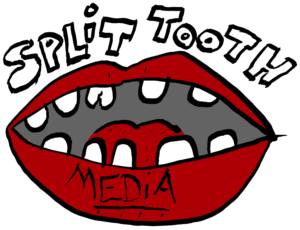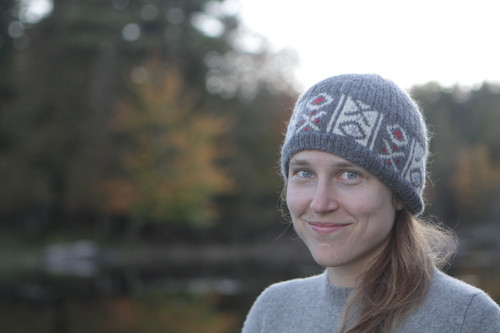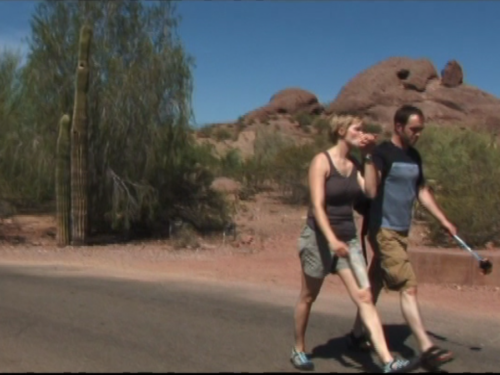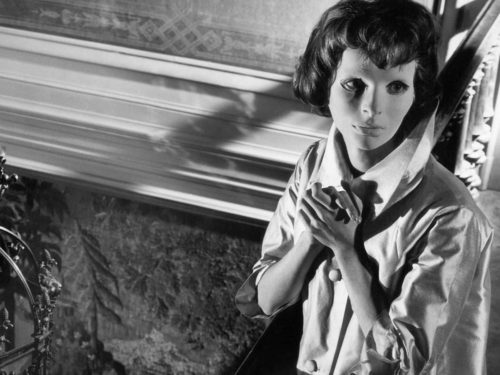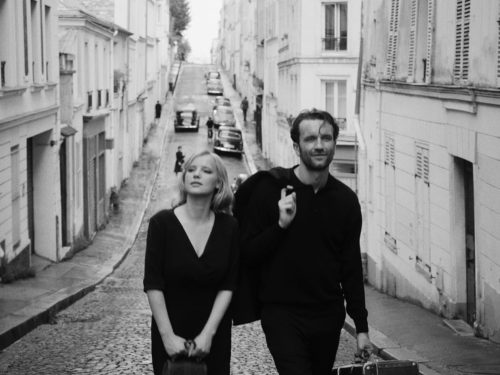Decker has proven herself to be one of America’s most promising young filmmakers with her features Butter on the Latch and Thou Wast Mild and Lovely
To say Josephine Decker came out of nowhere is perhaps a little unfair. She had put in the hard miles for years, making short films of varying styles and subjects, as well as acting in a trio of Joe Swanberg features. Decker quickly became the talk of the 2014 Berlin International Film Festival when Butter on the Latch (2013) and Thou Wast Mild and Lovely (2014) screened on a double-bill. Some were repulsed by her work, calling it ‘pretentious’ and ‘too self-consciously arty.’ When I first watched Butter on the Latch I had little to no expectations of what I was getting into. All I knew was that her two films had interesting titles and posters, and that they’d been well-received on the festival circuit. A brief 72 minutes later I was left in a head-spin.
Butter on the Latch shook me. I was left in more of a daze after Thou Wast Mild and Lovely. For the first time in years, I felt like I had genuinely seen something new being done with the language of cinema. While Decker exploded onto the independent film scene, she presented a stylistic challenge to how digital narratives could be told.
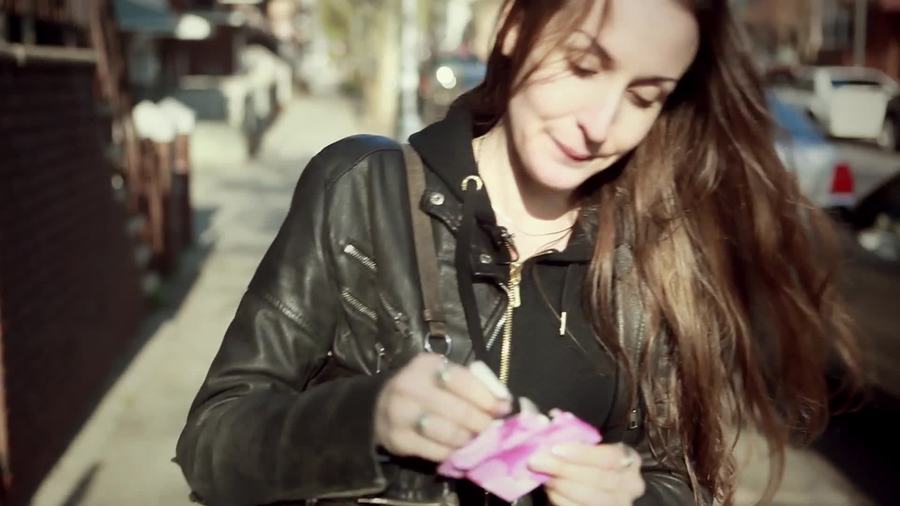
In Butter on The Latch, a young woman named Sarah (Sarah Small) attends an isolated Balkan-style music camp with her friend Isolde (Isolde Chae-Lawrence) in Mendocino, California. Sarah begins to lose her grip on reality once they encounter the strange camper, Steph (Charlie Hewson). As things begin to spiral out of her control, shot compositions become more chaotic. With each off-kilter shot, captured by the incredible DOP Ashley Connor, or time-altered frame rates, things become further frenzied. With Decker’s free-wheeling approach to not only the narrative, but also the editing and composition of shots, it is hard to resist feeling just as panicked or confused as Sarah. But every time the film becomes too overwhelming or suffocating, Decker suddenly creates a sense of space and freedom — Clarity unexpectedly washes over the screen. One minute, the digital camera and Decker’s editing create chaos within the image, then they will allow a freedom to explore by giving the images space to breathe again. Decker’s style creates a sense of drifting in and out of consciousness.
These ideas and themes are developed further in Thou Wast Mild and Lovely. We are transported into an open, green space that again feels threatening because of its isolation from society. Sophie Traub plays a different character named Sarah, who works on a secluded farm with her father (Robert Longstreet). A mysterious man (Swanberg) arrives on the farm who is hiding a secret that triggers a dangerous and chaotic outcome. The film feels primal, almost feral, in comparison to most American indies. Again, Decker uses the camera here as if it has been freed from all the constraints of conventional film. She shoots scenes directly after the lens has been taken off and utilizes out-of-focus shots to create a connection with the characters on screen. These techniques are never done purely for experimentation, rather as if what was most important was capturing a raw emotion, no matter how rough it could turn out in a technical sense.
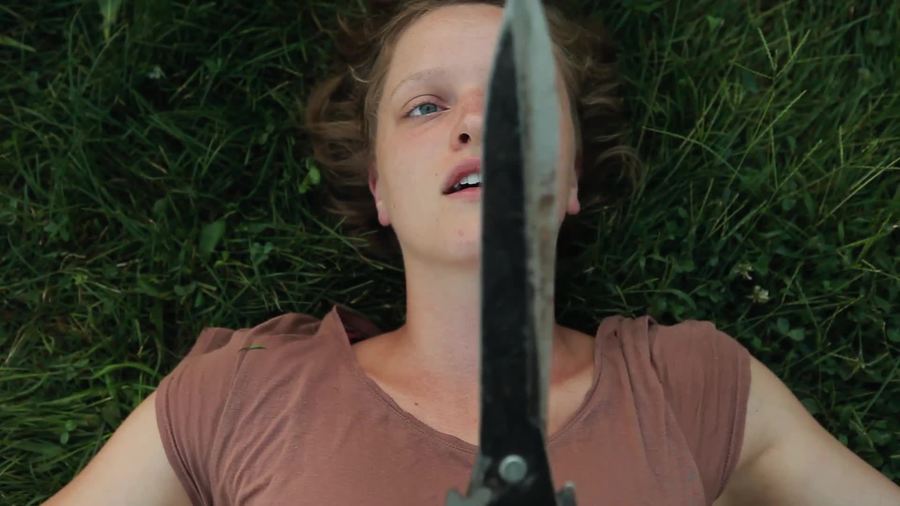
The first time I watched these two films, I knew I loved them, but it wasn’t until later that I really understood why these films were so affecting. I had no real reference point to them, no comparison to anything else I had seen in the past. These films seemed to stand on their own while other films branched off each other. In Decker I saw a filmmaker who fully embraced the opportunities that digital filmmaking presented and was able to stretch and bend them to her will on such small budgets. Both Butter on the Latch and Thou Wast Mild and Lovely have been compared to the works of Terrence Malick, who has also experimented with the form with the rise and freedom digital filmmaking has presented; however, even Malick’s bigger budgeted work at times has not been as bold with its willingness to play with the image, with such a sense of abandon. Like Malick, many filmmakers have used digital filmmaking extremely well, but Decker was, for me, the first to really push the boundaries and the freedom it granted — how it democratized the process of filmmaking and opened it up to everyone.
The rise of cheap, digital filmmaking in the early 2000s (Mumblecore, et al.) opened the door to a range of talented filmmakers who were concerned with the nuances of language and realism, and sometimes to great effect. Decker, though, has used those same freedoms and taken the challenge differently. When watching digitally shot films, I have often found myself feeling like I was watching a flat, dead image. Decker musters images that smash their way out of the screen. This, I feel, will be her biggest impact of the coming decade. With the critical success of her third feature, Madeline’s Madeline, which screened at Sundance in 2018, and with the resulting exposure that follows, Decker has helped open the door for young filmmakers to create without fear of not understanding the rules. She planted her own cinematic seed, and with that, a whole new way of creating cinema could grow and develop.
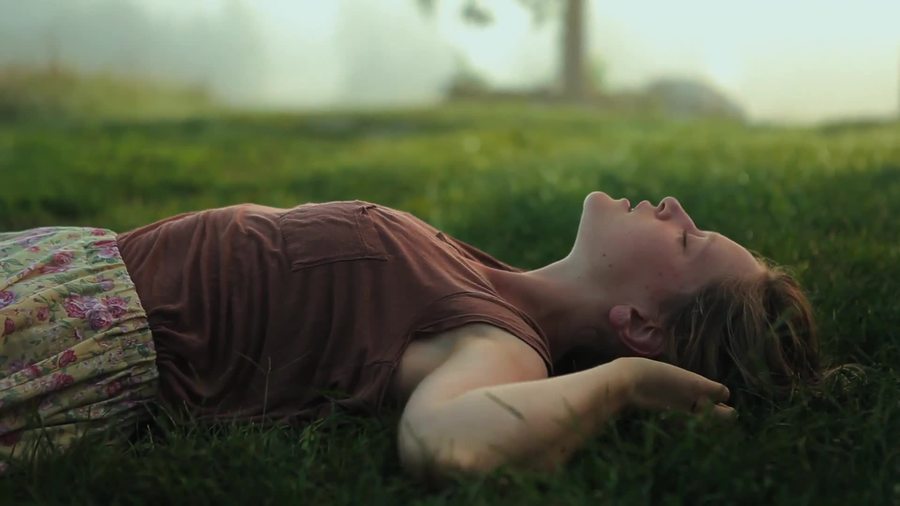
Follow our series of The Best of the 2010s in Film here
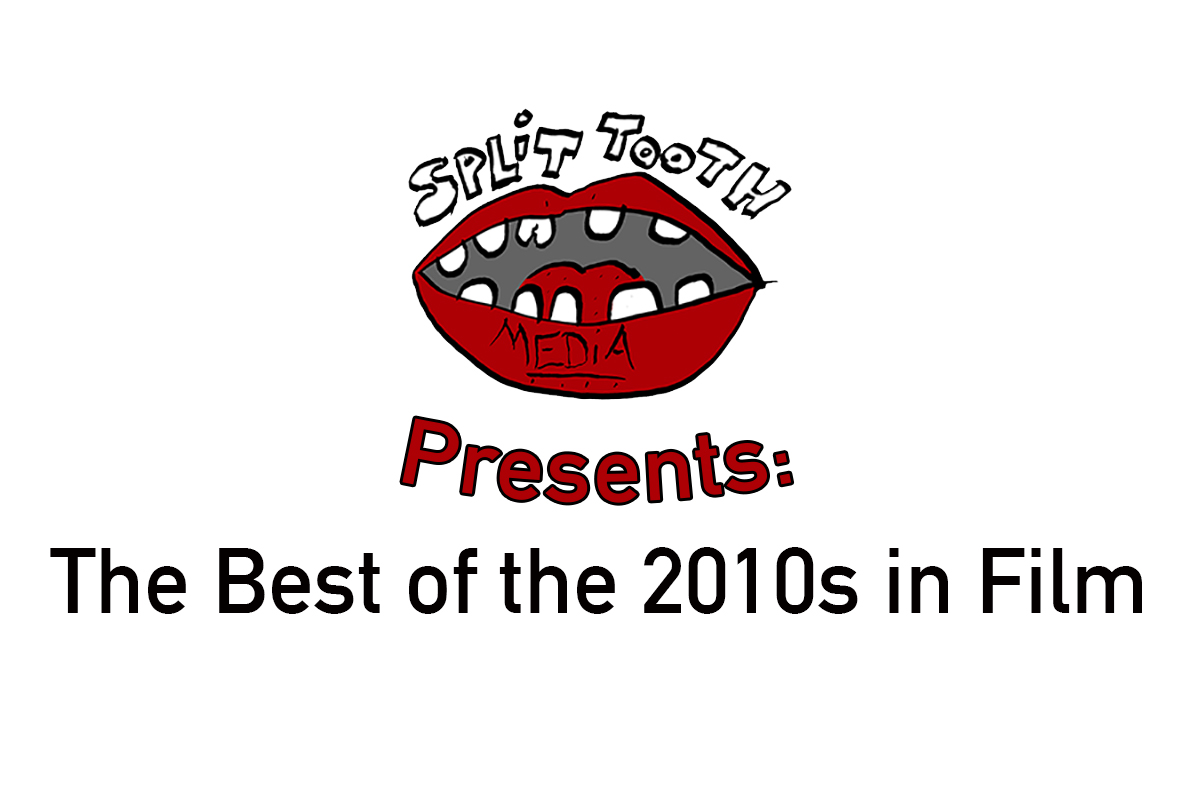
Follow Danny and Split Tooth Media on Twitter
(Split Tooth may earn a commission from purchases made through affiliate links on our site.)
